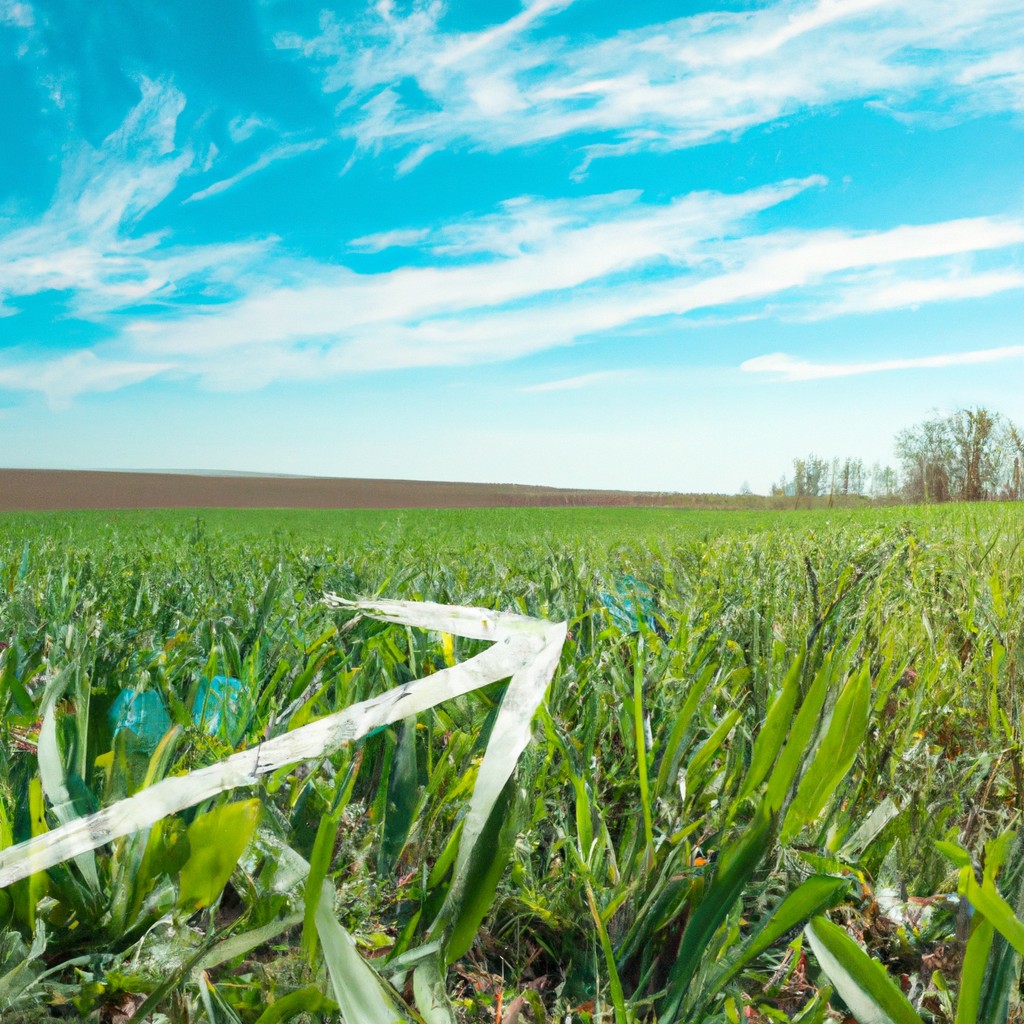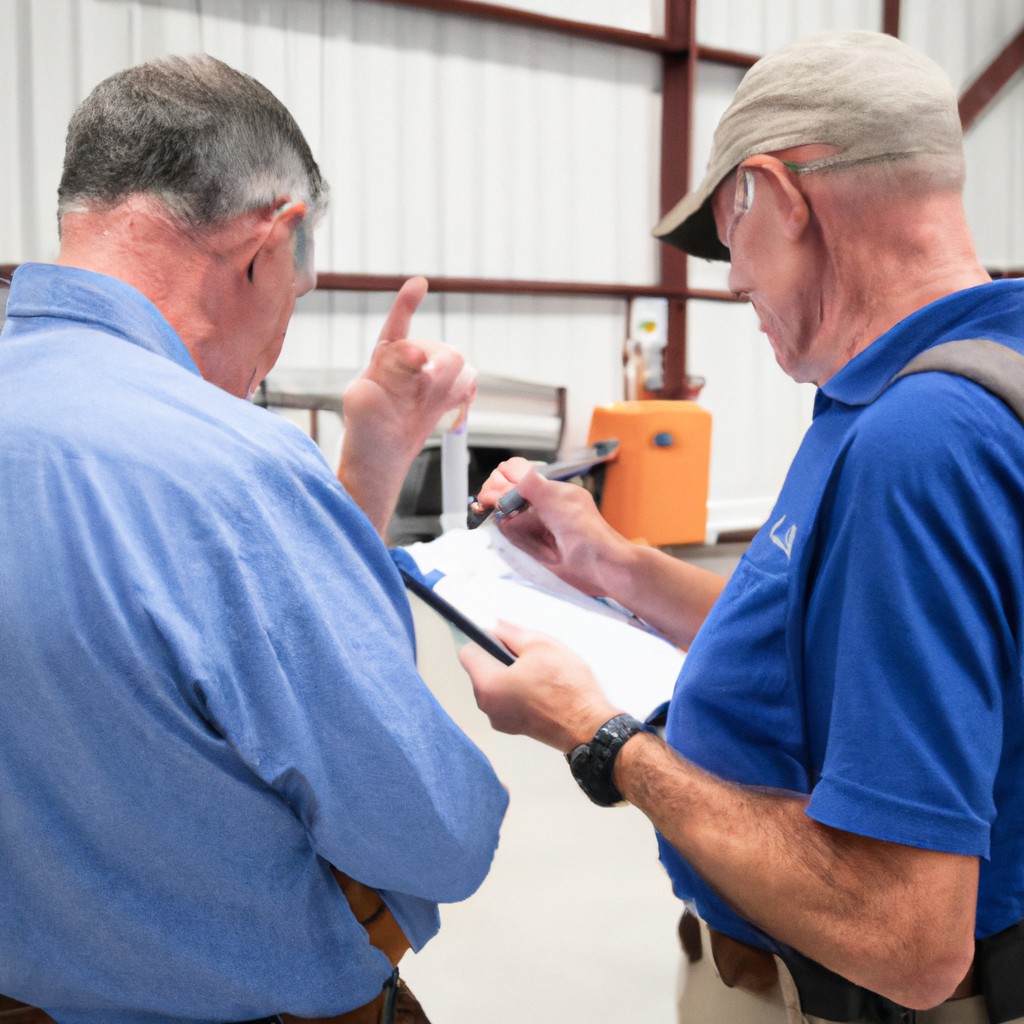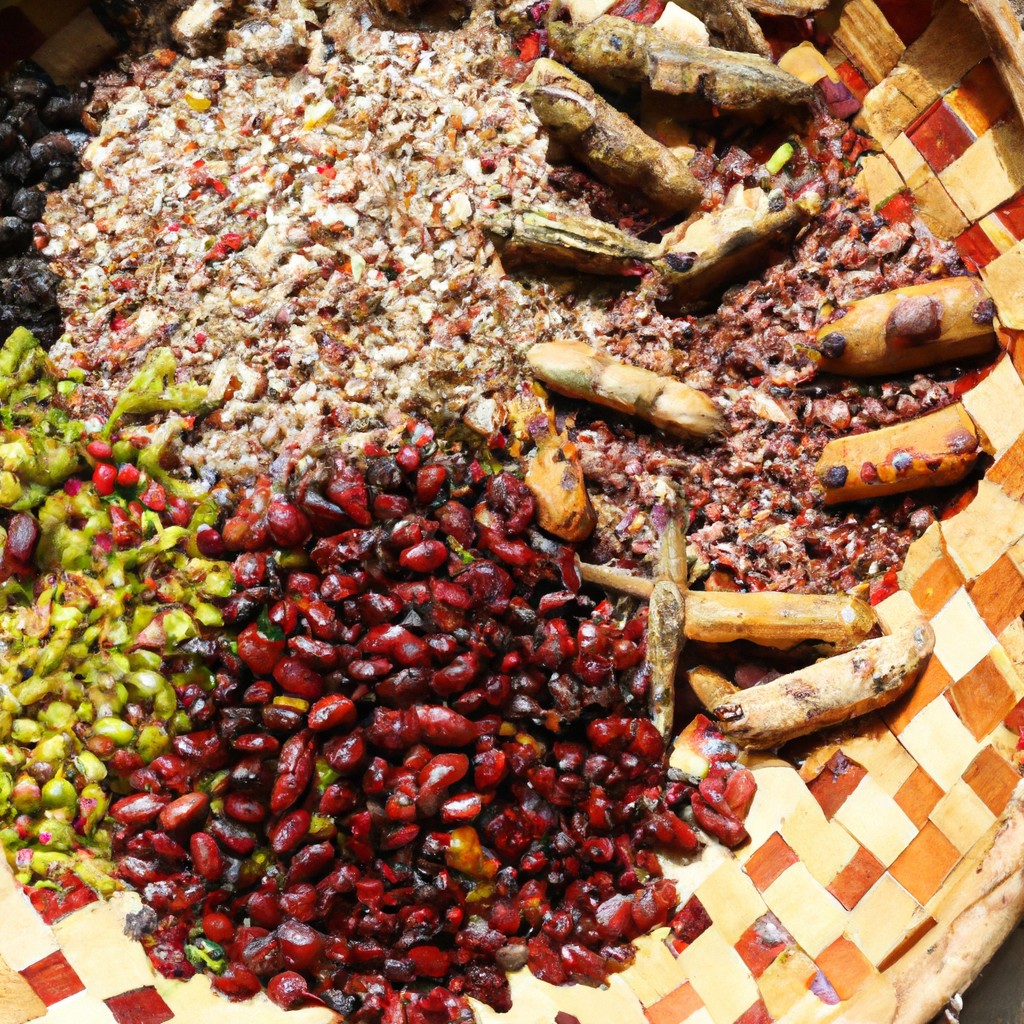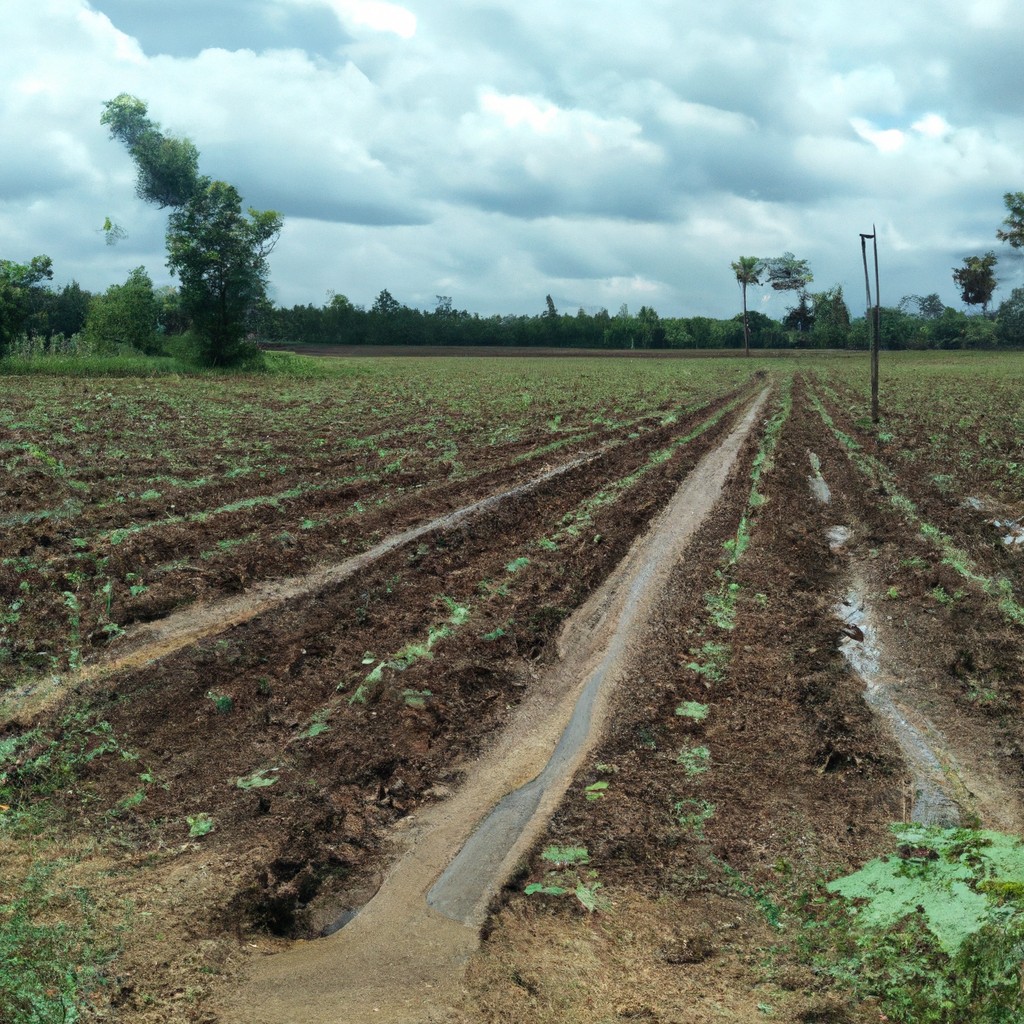Discover the diverse career opportunities available within the agricultural sector, from regenerative farming practices to cutting-edge agri-tech innovations, and understand the roles that propel a sustainable future for farming.
Look Inside:
Understanding the Scope of Careers in Agriculture
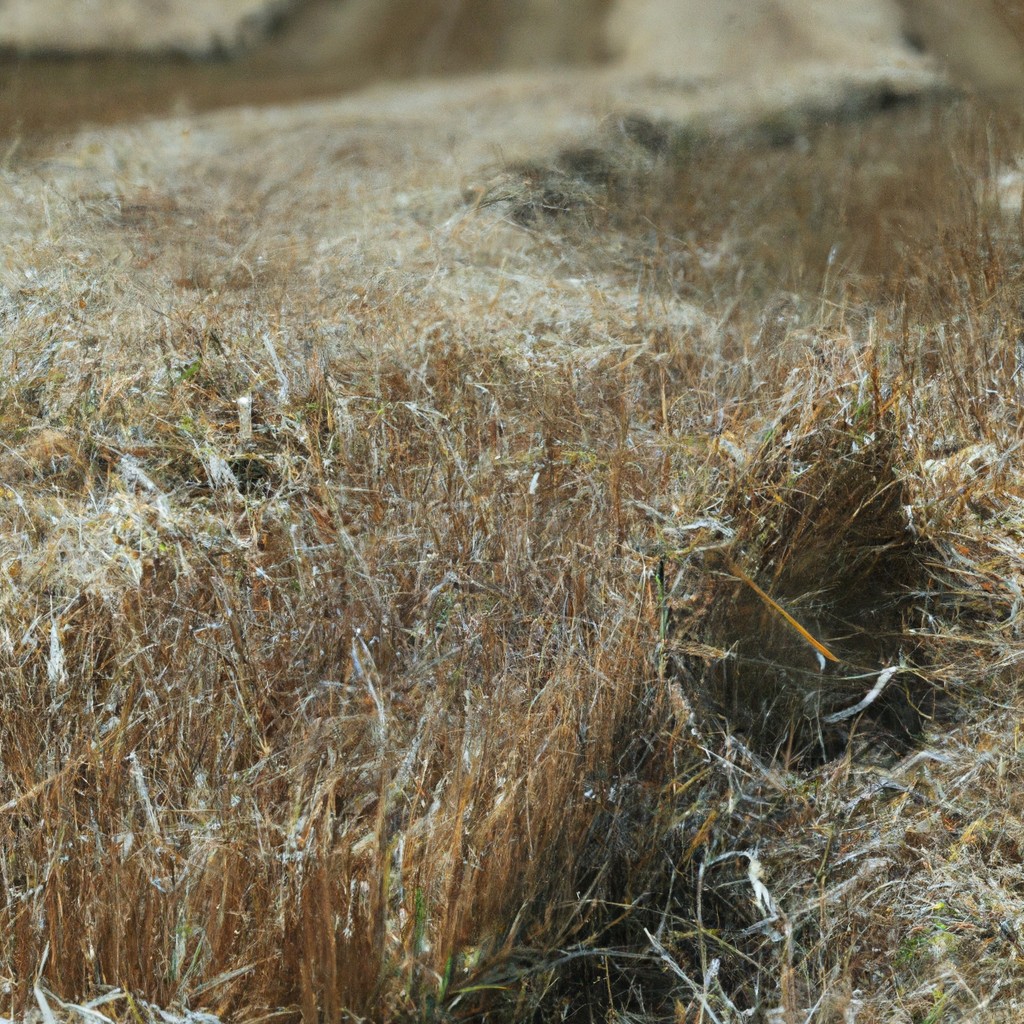
Agriculture encompasses a range of professions beyond traditional farming. It includes research, education, and policy advocacy, reflecting the varied needs of a growing population and the necessity of sustainable practices. With the integration of technology and the increasing importance of environmental preservation, opportunities in this sector have expanded significantly.
- Agribusiness careers, for instance, combine agricultural sciences with business acumen. Individuals in this field work on improving the efficiency of food production and distribution.
- Plant scientists are crucial for exploring and implementing crop resilience strategies. Their work is instrumental in developing plants that can withstand environmental stresses.
- Soil and plant health experts focus on the interdependent relationship between crops and their environment, ensuring both the vitality of plants and the sustainability of ecosystems.
- Careers in agricultural education and outreach play a vital role in informing and training the next generation of farmers, scientists, and consumers about agriculture’s best practices and innovations.
- Agricultural policy and advocacy positions are designed for those who want to influence legislation and public perception, helping to shape the agricultural landscape for the better.
These points highlight the sector’s breadth, where careers range from hands-on fieldwork to strategic roles in corporate or governmental contexts.
Key Skills and Qualifications for Agricultural Careers
Agricultural careers encompass a broad range of roles, each demanding a specific set of skills and qualifications. A solid grounding in the sciences, particularly biology and chemistry, is fundamental for understanding plant and animal biology, necessary for roles in agronomy, animal husbandry, and pest management.
Analytical skills are crucial given the industry’s increasing reliance on data for crop yield predictions, soil health analysis, and market trends. This data-driven approach underpins decision-making processes and maximizes efficiency on modern farms.
Technical proficiency is becoming more important with the rise of precision agriculture. Familiarity with GPS and sensor technology helps farmers optimize resource use and manage large-scale operations effectively.
Business acumen is another indispensable skill, especially for those planning to manage farms or agribusinesses. Knowledge of finance, marketing, and supply chain logistics ensures profitability and sustainability of agricultural enterprises.
Soft skills such as critical thinking, problem-solving, and effective communication are essential in navigating the complexities of agricultural work. Collaborative interactions with suppliers, consumers, and government entities require a clear and persuasive communication style.
Lastly, certain roles might require specific qualifications or certifications, such as a degree in agricultural science for advanced research positions or vocational training for hands-on farm work. Long-term career prospects often benefit from a commitment to continual learning and adaptation to technological advancements and evolving industry practices.
Agricultural Economists: Job Outlook and Importance
Agricultural economists play a crucial role in analyzing data and trends to improve the efficiency of agricultural businesses. They examine the production and distribution of food, fiber, and renewable resources, delving into economic implications on both micro and macro scales.
The job outlook for agricultural economists is positive. The world’s increasing focus on sustainable agriculture and the need to feed a growing population drive demand for professionals who can contribute to policy development and market analysis.
Agricultural economists are in the front lines of addressing challenges such as price volatility, supply chain disruptions, and the economic impact of climate change on agriculture. Their work informs decision-making that can lead to more resilient food systems.
By forecasting market trends and advising on risk management, agricultural economists help farmers and agribusinesses make informed decisions, ultimately contributing to food security and the sustainability of the agricultural sector.
Agricultural Engineers: Innovating for a Sustainable Future
Agricultural engineers are at the forefront of creating sustainable farming solutions. Through the integration of technology and environmental science, they work to improve agricultural productivity while reducing environmental impact.
Designing advanced irrigation systems, these professionals aim to optimize water usage and minimize waste. Precision agriculture techniques, such as GPS-guided planting, ensure resources are allocated efficiently, decreasing unnecessary chemical and water use.
In the realm of farm machinery, agricultural engineers innovate to produce equipment that improves seed placement accuracy and soil health, contributing to higher yields with less disruption to the land.
They also assist in the development of renewable energy sources on farms, like biofuels and solar installations. By doing so, they not only provide clean energy but also add a revenue stream for farmers.
Lastly, they play an integral role in remediating agricultural waste, developing systems for composting and manure management that turn potential pollutants into valuable fertilizers appropriately. Through these efforts, agricultural engineers drive the transition to regenerative agricultural practices that prioritize long-term ecological health and farm resilience.
The Role of Education and Training in Agricultural Careers
Education and training are essential in equipping individuals with the knowledge and skills required for navigating the complexities of today’s agricultural sector. Advanced learning opportunities, including degrees in agricultural science, horticulture, animal science, and agribusiness, provide a strong foundation for understanding the biological, economic, and environmental aspects of farming.
Technical skills training, including the use of modern farm equipment, understanding soil chemistry, and exposure to new agricultural technologies, is critical for on-the-ground farming roles. Apprenticeships and certifications offer practical hands-on experience, vital for those looking to enter the workforce directly.
Continuous professional development courses help existing professionals stay updated with the latest developments in sustainable and regenerative practices. This ongoing learning is crucial, as the industry often shifts with advancements in technology and changes in environmental regulations.
Online courses and workshops have made agricultural education more accessible than ever, allowing for flexible learning that can accommodate working professionals. This democratization of education fosters a diverse agricultural workforce capable of innovating and responding to global challenges.
